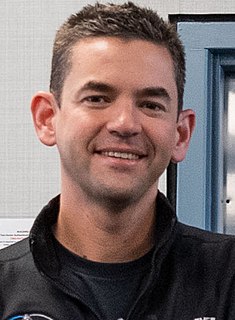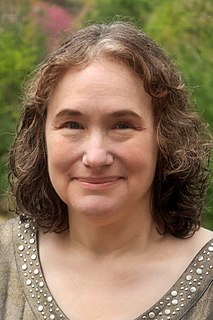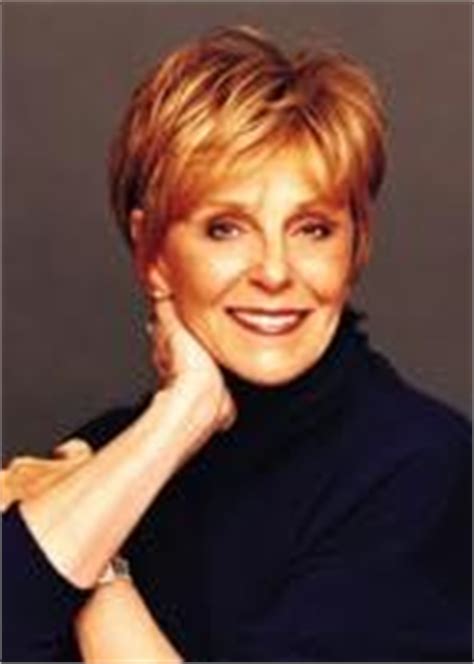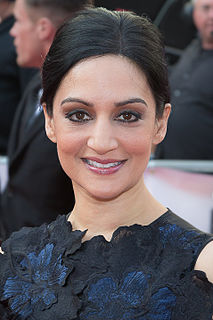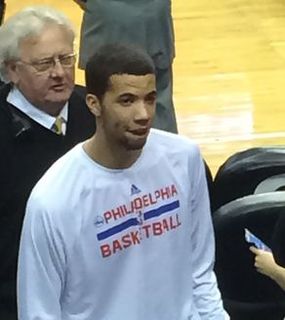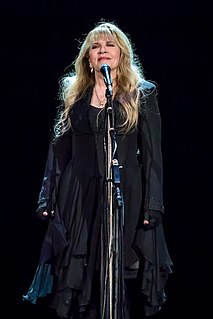A Quote by Jared Isaacman
I did tell my kindergarten teacher I would go to space someday, and she said she'd be watching.
Related Quotes
She didn’t understand why it was happening,” he said. “I had to tell her she would die. Her social worker said I had to tell her. I had to tell her she would die, so I told her she was going to heaven. She asked if I would be there, and I said that I would not, not yet. But eventually, she said, and I promised that yes, of course, very soon. And I told her that in the meantime we had great family up there that would take care of her. And she asked me when I would be there, and I told her soon. Twenty-two years ago.
Sometimes she wished for someone she could tell about her problems, just to be able to say, ‘I’m in love with a man and I can’t have him.’ But that would only lead to questions she couldn’t answer, so she kept the secret and the pain inside, hoping someday she would no longer feel as if half of her were missing.
[Short Talk on Sylvia Plath] Did you see her mother on television? She said plain, burned things. She said I thought it an excellent poem but it hurt me. She did not say jungle fear. She did not say jungle hatred wild jungle weeping chop it back chop it. She said self-government she said end of the road. She did not say humming in the middle of the air what you came for chop.
People said things they didn't mean all the time. Everybody else in the world seemed able to factor it in. But not Lena. Why did she believe the things people said? Why did she cling to them so literally? Why did she think she knew people when she clearly didn't? Why did she imagine that the world didn't change, when it did? Maybe she didn't change. She believed what people said and she stayed the same." (Lena, 211)
(...)Did she really tell Roddy Carstairs she could outshoot him with his own pistol?" "No," Jason said dryly. "She told him that if he made one more improper advance to her, she would shoot him- and if she missed, she would turn Wolf loose on him. And if Wolf didn't finish the job, she had every faith I would." Jason chuckled and shook his head. "It's the first time I've been nominated for the role of hero. I was a little crushed, however, to be second choice after the dog.
Hillary Clinton said that her childhood dream was to be an Olympic athlete. But she was not athletic enough. She said she wanted to be an astronaut, but at the time they didn't take women. She said she wanted to go into medicine, but hospitals made her woozy. Should she be telling people this story? I mean she's basically saying she wants to be president because she can't do anything else.
The doctor's wife wasn't a bad woman. She was sufficiently convinced of her own importance to believe that God actually did watch everything she did and listen to everything she said, and she was too taken up with rooting out the pride she was prone to feeling in her own holiness to notice any other failings she might have had. She was a do-gooder, which means that all the ill she did, she did without realizing it.
My mother had heard the story of Hannah and Samuel, so she prayed that if God would give her a son, she would give that son to God. That was a perfectly appropriate thing for her to do, but as I observe, she did not have to tell me she had made such a promise. In particular, she did not have to tell me when I was six.
I wondered about Mrs. Winterbottom and what she meant about living a tiny life. If she didn't like all that baking and cleaning and jumping up to get bottles of nail polish remover and sewing hems, why did she do it? Why didn't she tell them to do some of the things themselves? Maybe she was afraid there would be nothing left for her to do. There would be no need for her and she would become invisible and no one would notice.
Tessa had begun to tremble. This is what she had always wanted someone to say. What she had always, in the darkest corner of her heart, wanted Will to say. Will, the boy who loved the same books she did, the same poetry she did, who made her laugh even when she was furious. And here he was standing in front of her, telling her he loved the words of her heart, the shape of her soul. Telling her something she had never imagined anyone would ever tell her. Telling her something she would never be told again, not in this way. And not by him. And it did not matter. "It's too late", she said.
I was so mad I wasn't sitting at the stadium watching it [Prince' 2007 Super Bowl performance] in person. So when Prince came back to the box where I would have been after he performed, he said to my makeup artist, "Where's Stevie?" She said, "She's sick, and she was told by our manager that she would have to walk across the football field when the game was over in the mud and try to find a limo, so she made the decision that she couldn't do that." He was not happy that I wasn't there, and now today I'm not happy about it because I should have gone and I should have walked in that mud for him.
I asked a girl who came from America to England, when I was only English, and she admitted she had been to a drama school. And I said, "What did they teach you?" And she said, "They taught me to be a candle burning in an empty room." I'm happy to say she was laughing while she said it, but she meant it. I've never learned to be a candle burning in an empty room. So I go on the screen, and I say whatever I'm told to say.
"She (Minnie Ruth Solomon) was unusual because even though I knew her family was as poor as ours, nothing she said or did seemed touched by that. Or by prejudice. Or by anything the world said or did. It was as if she had something inside her that somehow made all that not count. I fell in love with her some the first time we ever talked, and a little bit more every time after that until I thought I couldn't love her more than I did. And when I felt that way, I asked her to marry me . . . and she said she would."
